Looking to buy an air compressor but feeling overwhelmed by the options? Don't worry, we've got you covered. In this comprehensive air compressor buying guide, we'll walk you through everything you need to know to make an informed decision. Whether you're a DIY enthusiast or a professional in need of a reliable tool, we'll help you find the perfect air compressor to meet your needs.
Types of Air Compressors
When it comes to air compressors, there are several types to choose from. Each type has its own unique features and advantages. Understanding the differences between them will help you make the right choice for your specific needs.
-
Piston Air Compressors
Piston air compressors, also known as reciprocating compressors, are the most common type available. They work by using a piston to compress air inside a cylinder. These compressors are known for their durability and reliability. They are ideal for small to medium-sized jobs and can handle various tasks such as inflating tires, powering air tools, and operating pneumatic machinery.
One of the main advantages of piston air compressors is their affordability. They are generally more budget-friendly compared to other types. However, they can be noisy and require regular maintenance, including oil changes. Additionally, piston compressors come in both single-stage and two-stage models, with the latter being more powerful and suitable for heavy-duty applications.
-
Rotary Screw Air Compressors
Rotary screw air compressors are a popular choice for industrial and commercial applications. Unlike piston compressors, they use two interlocking screws to compress air. This design allows for continuous operation without the need for a storage tank, making them highly efficient and reliable.
One of the main advantages of rotary screw compressors is their ability to provide a constant and steady supply of compressed air. They are also known for their quiet operation and low maintenance requirements. However, they tend to be more expensive than piston compressors and may not be suitable for small-scale applications.
-
Centrifugal Air Compressors
Centrifugal air compressors are the largest and most powerful type available. They are commonly used in heavy industrial settings where a large volume of compressed air is required. These compressors work by using centrifugal force to accelerate and compress air.
One of the main advantages of centrifugal compressors is their ability to deliver a high flow rate of compressed air. They are also highly efficient and can handle continuous operation without overheating. However, they are typically the most expensive option and require professional installation and maintenance.
Factors to Consider When Buying an Air Compressor
Choosing the right air compressor involves considering several important factors. By assessing your specific needs and requirements, you can make an informed decision and find the perfect compressor for your tasks.
-
Power Source
The first factor to consider is the power source of the air compressor. Most compressors are powered by either electricity or gas. Electric compressors are more common and suitable for indoor use, while gas-powered compressors are ideal for outdoor applications or locations without electrical outlets.
If you opt for an electric compressor, make sure you have access to a reliable power source with the necessary voltage requirements. Gas-powered compressors, on the other hand, offer greater portability but require proper ventilation due to emissions.
-
Tank Size
The tank size of an air compressor determines the amount of compressed air it can store. Larger tanks provide a longer continuous operating time, while smaller tanks may require more frequent pauses to refill. Consider the nature of your tasks and choose a tank size that meets your needs.
For example, if you're using air tools that require a high volume of air, such as sanders or paint sprayers, a larger tank will be more suitable. On the other hand, if you're using the compressor for small tasks like inflating tires or powering a nail gun, a smaller tank may suffice.
-
Air Flow Rate
The air flow rate of an air compressor is measured in cubic feet per minute (CFM) and indicates the amount of air the compressor can deliver. It is an important factor to consider, especially if you're using air tools that require a specific CFM rating to operate effectively.
To determine the required CFM rating, check the specifications of the air tools you plan to use. Make sure the compressor you choose can deliver the necessary CFM at the required pressure. Keep in mind that higher CFM ratings generally mean larger and more powerful compressors.
Now that you have an understanding of the power source, tank size, and air flow rate, let's move on to choosing the right size and capacity for your needs.
Choosing the Right Size and Capacity
The size and capacity of an air compressor are crucial factors to consider to ensure optimal performance and efficiency. Choosing the wrong size can result in frequent overheating, increased energy consumption, and reduced productivity. Here's how to make the right choice.
-
Consider Your Tasks
Before selecting a compressor, assess the specific tasks you'll be using it for. Are you planning to use it for light-duty tasks around the house or heavy-duty industrial applications? Understanding the nature and intensity of your tasks will help you determine the appropriate size and capacity.
For light-duty tasks, a small portable compressor with a lower horsepower rating may be sufficient. However, for heavy-duty tasks that require continuous operation and high air flow, a larger and more powerful compressor will be necessary.
-
Calculate Required CFM
To accurately determine the size and capacity you need, calculate the required CFM based on the air tools or equipment you'll be using. Each tool has a recommended CFM rating, which indicates the amount of air it needs to function properly.
Add up the CFM ratings of all the tools you plan to use simultaneously or consecutively. This will give you an idea of the minimum CFM rating your compressor should have. It's important to choose a compressor that can deliver the required CFM at the necessary pressure level.
-
Consider Duty Cycle
The duty cycle refers to the amount of time an air compressor can continuously operate within a given period. It is expressed as a percentage, with 100% indicating continuous operation and lower percentages indicating the need for cool-down periods.
For tasks that require continuous operation, such as spray painting or sandblasting, choose a compressor with a high-duty cycle. On the other hand, if your tasks involve intermittent use with frequent breaks, a lower-duty cycle compressor may be sufficient.
Understanding Air Compressor Features
When buying an air compressor, it's important to pay attention to its features to ensure it meets your specific requirements. Here are some essential features to consider.
-
Pressure Control
The pressure control feature allows you to adjust and regulate the output pressure of the compressor. It's important to choose a compressor with a pressure control mechanism that suits your tasks. For example, if you're using air tools that require precise pressure settings, look for a compressor with a pressure regulator and a built-in pressure gauge.
-
Noise Level
Air compressors can be noisy, especially larger and more powerful models. If noise is a concern, look for compressors with noise-reducing features such as insulated cabinets or rubberized feet that absorb vibrations. Additionally, consider the noise level rating in decibels (dB) provided by the manufacturer to choose a compressor that meets your noise preferences.
-
Maintenance Requirements
Maintenance is an important aspect of owning an air compressor. Some compressors require regular oil changes, while others are oil-free and require minimal maintenance. Consider your maintenance preferences and capabilities when choosing a compressor.
Oil-free compressors are generally more convenient and suitable for users who prefer low-maintenance equipment. However, if you opt for a compressor that requires oil lubrication, make sure you're comfortable with the maintenance tasks involved, such as regular oil checks and changes.
Oil-free compressors are generally more convenient and suitable for users who prefer low-maintenance equipment. However, if you opt for a compressor that requires oil lubrication, make sure you're comfortable with the maintenance tasks involved, such as regular oil checks and changes.
Now that you're familiar with the essential features, let's move on to comparing different brands and models.
Comparing Different Brands and Models
With numerous brands and models available in the market, choosing the right air compressor can be overwhelming. Here are some factors to consider when comparing different options.
-
Reputation and Reliability
Research the reputation and reliability of the brands you're considering. Look for reviews and ratings from other users to get an idea of the overall customer satisfaction. Brands with a proven track record of quality and durability are more likely to provide reliable products.
-
Warranty and Customer Support
Check the warranty offered by each brand, as well as their customer support services. A good warranty indicates the manufacturer's confidence in their product, while reliable customer support ensures assistance in case of any issues or concerns.
-
Price and Value for Money
Compare the prices of different models, keeping in mind the features and specifications they offer. While it's important to consider your budget, don't compromise on quality and performance for the sake of a lower price. Look for a compressor that offers the best value for your money by balancing price and features.
Best Practices for Operating and Maintaining an Air Compressor
Operating and maintaining an air compressor properly is essential to ensure its longevity and optimal performance. Here are some best practices to follow.
-
Read the Manual
Before using your air compressor, carefully read the manufacturer's manual and familiarize yourself with its specific instructions and safety guidelines. Each compressor may have unique features and requirements, so it's important to understand them before operation.
-
Proper Ventilation
Ensure that the area where you're operating the compressor is well-ventilated. Air compressors generate heat during operation, and proper ventilation helps dissipate that heat, preventing overheating and potential damage.
-
Regular Inspection and Cleaning
Perform regular inspections of your compressor to check for any leaks, loose connections, or signs of wear. Clean the air intake filters regularly to prevent debris from entering the compressor. Additionally, drain moisture from the tank regularly to prevent rust and ensure proper functioning.
-
Use the Right Accessories and Attachments
When using air tools or accessories, make sure you're using the appropriate attachments and accessories recommended by the manufacturer. Using improper attachments can lead to inefficient operation and potential damage to the compressor or tools.
-
Monitor and Maintain Proper Oil Levels
If your air compressor requires oil lubrication, ensure that the oil levels are regularly checked and maintained according to the manufacturer's instructions. Proper lubrication is crucial for the longevity and smooth operation of the compressor.
Safety Considerations When Using an Air Compressor
Using an air compressor involves certain risks, so it's important to prioritize safety. Here are some safety considerations to keep in mind.
-
Eye and Ear Protection
Wear appropriate eye protection, such as safety goggles, to shield your eyes from flying debris or particles. Additionally, consider wearing ear protection, such as earplugs or earmuffs, to reduce the risk of hearing damage due to the compressor's noise.
-
Proper Hose Handling
When using hoses, ensure they are secured and free from kinks or tangles. Avoid placing hoses in areas where they can be tripped over or damaged. Proper hose handling prevents accidents and ensures efficient air flow.
-
Pressure Release
Before performing any maintenance tasks or disconnecting attachments, release the pressure from the compressor. This reduces the risk of accidental start-up or injury due to pressurized air.
-
Fire Safety
Keep the compressor away from flammable materials and ensure proper ventilation to prevent the accumulation of flammable gases or vapors. Additionally, avoid smoking or using open flames near the compressor.
-
Proper Grounding
Ensure that your air compressor is properly grounded to prevent electrical shocks or accidents. Follow the manufacturer's instructions for proper grounding techniques.
Where to Buy Air Compressors
When it comes to purchasing an air compressor, you have several options. Here are two popular choices.
-
Online Stores
Online stores offer a wide range of air compressors, making it convenient to compare different models and prices. Popular online retailers such as Amazon, Home Depot, and Lowe's provide detailed product descriptions, customer reviews, and ratings to help you make an informed decision. Additionally, online shopping allows you to have the compressor delivered right to your doorstep.
-
Local Retailers
Local retailers, such as hardware stores or specialized tool shops, often carry air compressors. Visiting a physical store allows you to see the compressors in person, ask questions to knowledgeable staff, and get a hands-on feel for the product. Additionally, local retailers may offer additional services such as installation or repair.
Conclusion and Final Tips for Selecting the Perfect Air Compressor
In conclusion, purchasing an air compressor requires careful consideration of factors such as power source, tank size, air flow rate, and features. By understanding your specific needs and requirements, you can make an informed decision and find the perfect compressor for your tasks.
Remember to choose the right size and capacity based on your intended use, calculate the required CFM, and consider the duty cycle. Pay attention to essential features such as pressure control, noise level, and maintenance requirements.
When comparing different brands and models, consider reputation, warranty, and value for money. Follow best practices for operating and maintaining your compressor to ensure optimal performance and longevity. Prioritize safety by wearing appropriate protective gear, handling hoses properly, and following fire safety guidelines.
Whether you choose to buy from online stores or local retailers, make sure to select a reputable seller that offers reliable customer support. With the information provided in this guide, you're now equipped to confidently select the perfect air compressor for your needs. Happy compressing!

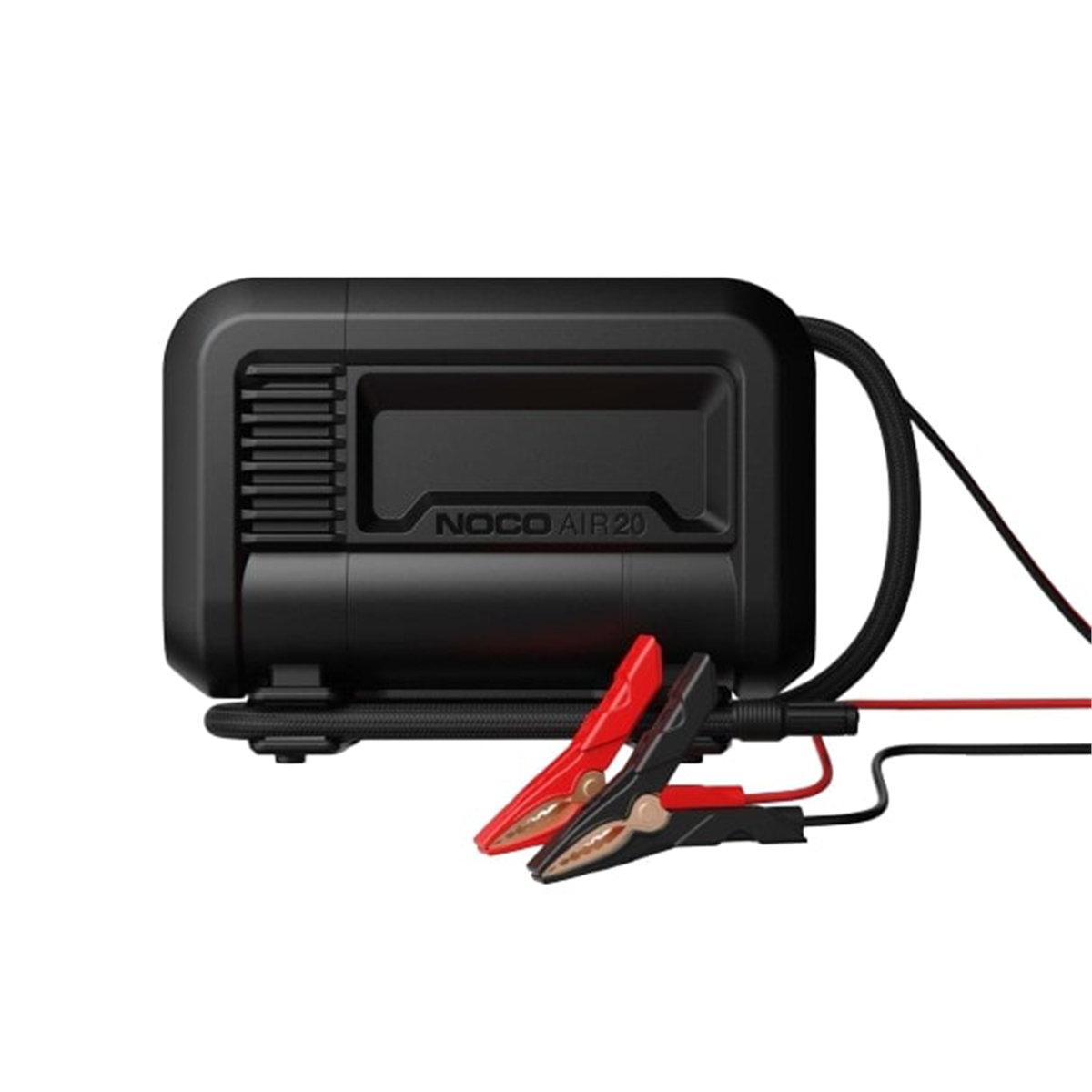

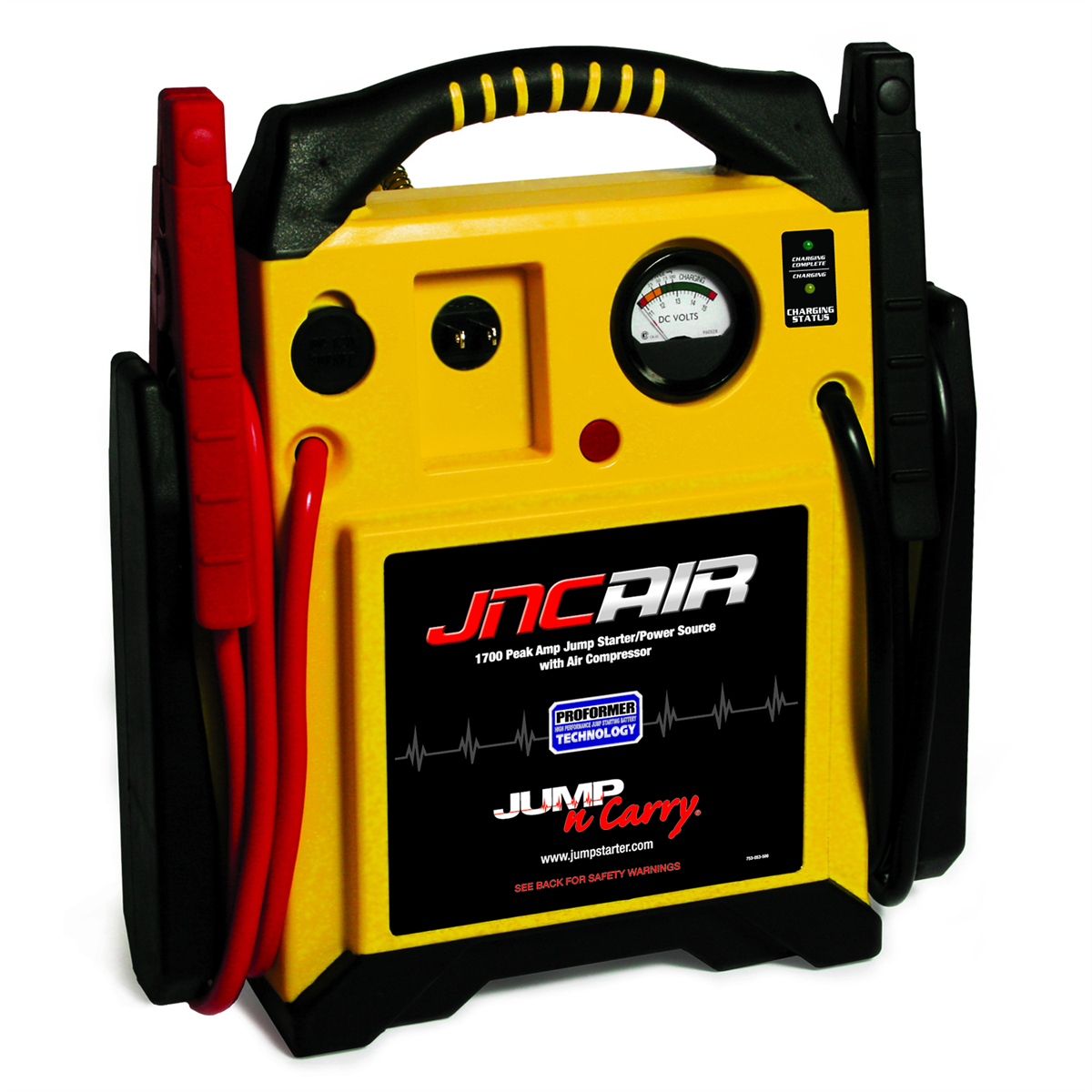

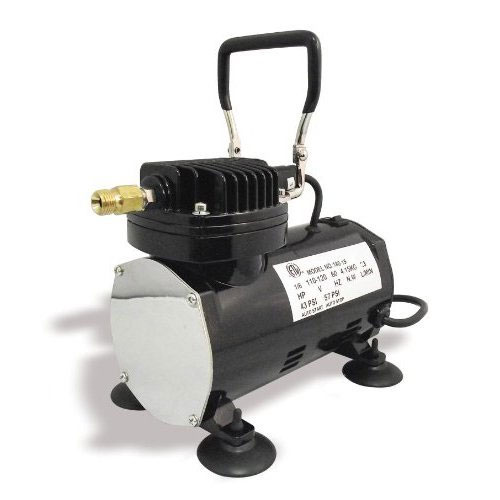


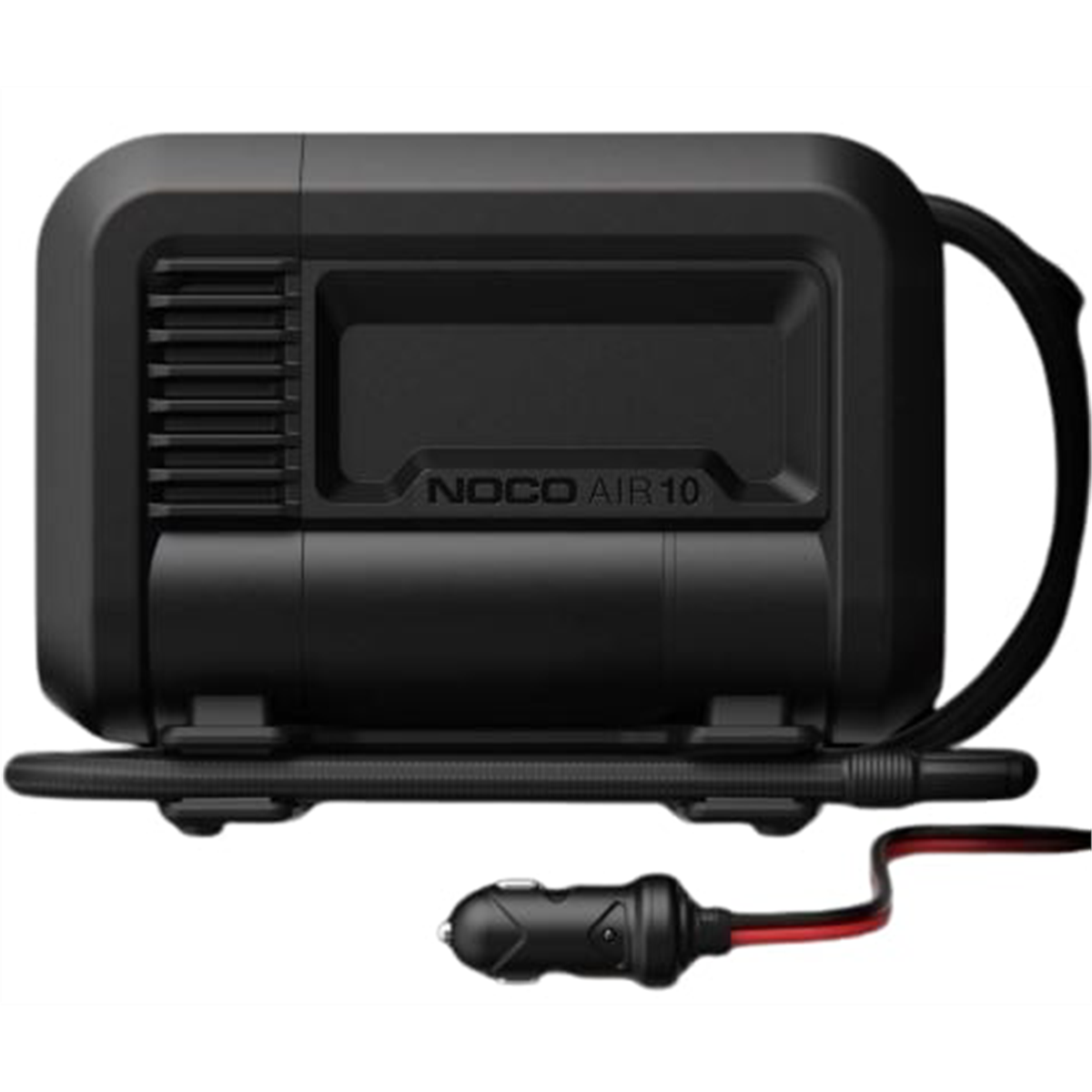
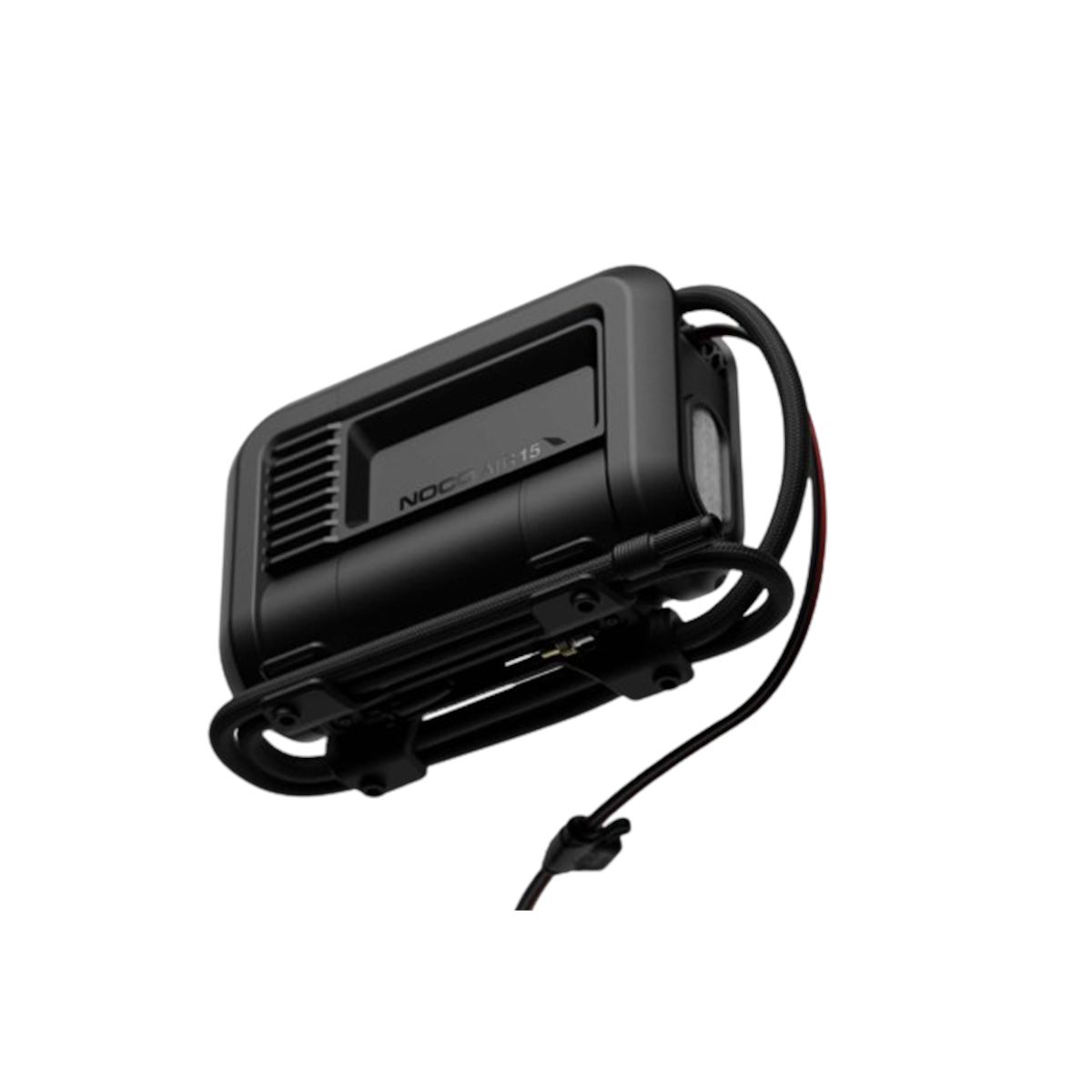
Follow us on social media